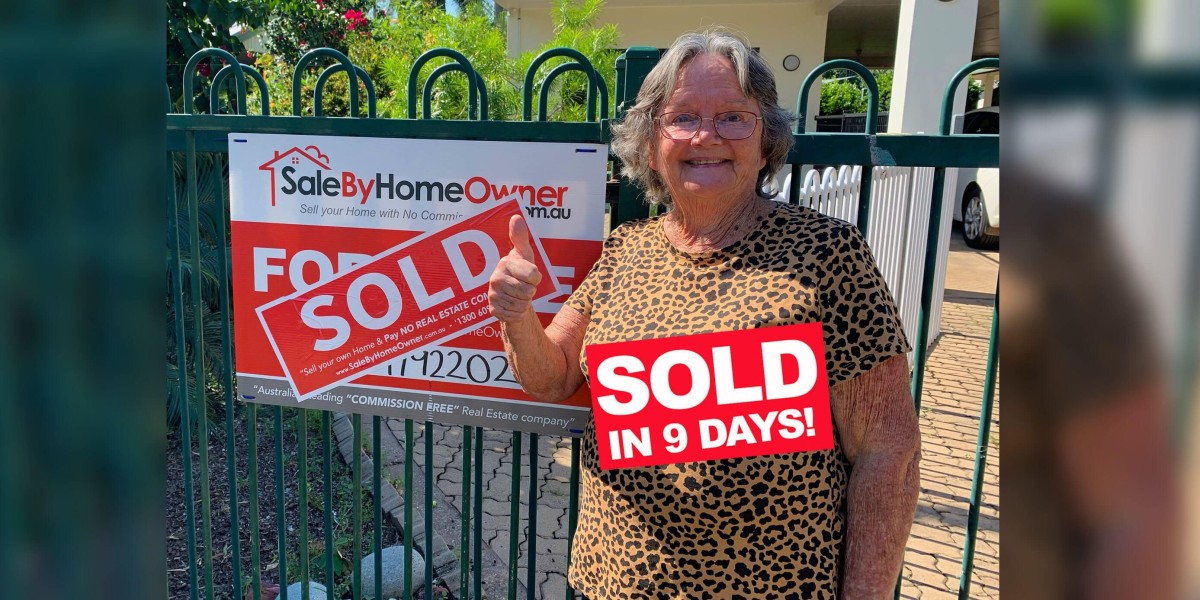When you decide to sell your house in Tasmania (TAS), ensuring you have the right documents is essential for a smooth, successful transaction. Having all the required paperwork in order can help you avoid delays, establish trust with potential buyers, and facilitate a quicker sale. At Sale by Home Owner Australia, we guide you through the selling process and help you gather all the necessary documents. In this article, we’ll outline the key documents you need when you decide to "sell my house TAS."
1. Proof of Identity
One of the first things you’ll need is proof of your identity. This is a standard requirement when selling property to verify that you are the rightful owner. Common documents that serve as proof of identity include:
- Passport
- Driver’s license
- Birth certificate These documents ensure that your identity is verified for the transaction.
2. Certificate of Title
The Certificate of Title is a vital document that proves your ownership of the property you are selling. It contains key information, such as:
- Property description
- Volume and folio number
- Any encumbrances, easements, or restrictions attached to the property
If you don’t already have a copy, you can obtain the Certificate of Title from the Land Titles Office in TAS. Having an up-to-date Certificate of Title is important for both you and the buyer to ensure that the property details are accurate.
3. Vendor Statement (Section 32)
In Tasmania, a Vendor Statement (also known as Section 32) is a mandatory legal document that must be provided to potential buyers. It outlines important information about the property and helps buyers make an informed decision. A typical Vendor Statement includes:
- Details of any easements or restrictions on the property
- Zoning and planning information
- Information on rates, taxes, and outgoings
- Disclosure of any known legal issues, such as unresolved disputes
At Sale by Home Owner Australia, we recommend that you work with a lawyer or conveyancer to prepare this document properly to ensure all necessary details are included.
4. Contract of Sale
The Contract of Sale is the formal agreement between you and the buyer that outlines the terms and conditions of the sale. It is a legally binding document and should be prepared carefully. Some of the key details typically included in the Contract of Sale are:
- Purchase price
- Deposit amount
- Settlement date
- Special conditions, such as contingencies related to financing or inspections
This document is crucial in finalizing the sale and protecting both parties. Engaging with a legal professional will help you draft a clear, comprehensive contract.
5. Building and Pest Inspection Reports
To attract more buyers and avoid negotiations later, it’s a good idea to provide recent building and pest inspection reports. These documents show the condition of your property and reassure potential buyers that there are no hidden issues. Common things covered in these reports include:
- Structural integrity
- Pest infestations, such as termites
- Condition of plumbing, electrical, and heating systems
Offering these reports upfront can speed up the sale process, as buyers will have a better understanding of the property’s condition.
6. Rates and Utility Notices
Buyers want to know the ongoing costs of the property, so it’s essential to provide up-to-date rates and utility notices. These can include:
- Council rates
- Water rates
- Gas and electricity bills
These documents allow potential buyers to budget accordingly and make informed decisions. They also demonstrate transparency on your part, which builds trust with buyers.
7. Building Permits and Certificates
If you’ve made any modifications, renovations, or improvements to your property, you will need to provide relevant building permits and certificates. This includes:
- Building permits
- Certificates of compliance
- Occupancy certificates for any new structures or additions
These documents ensure that any changes made to the property are legal and up to code. Buyers will appreciate knowing that all work was properly authorized and completed to standard.
8. Rental Agreements (If Applicable)
If your property is currently rented out, you will need to provide a copy of the rental agreement or lease. This document outlines:
- The terms of the lease
- Rent amount and payment schedule
- Bond information
- Tenancy duration
Including this information in your sale can help potential buyers understand their responsibilities if they intend to keep the property as an investment or continue with the existing tenants. This transparency is essential in helping buyers assess their plans for the property.
9. Insurance Documents
Buyers may also be interested in understanding the insurance status of the property. You should provide any relevant insurance documents, such as:
- Current home insurance policy
- Claims history (if any)
- Policy details, including coverage and premiums
Although buyers will typically arrange their own insurance, sharing this information helps them assess their options.
10. Disclosures and Warranties
In some cases, you may need to disclose specific information about the property, especially if there are known defects. Some common disclosures include:
- Any ongoing legal disputes
- Recent repairs or maintenance work
- Warranties on appliances or fixtures
Providing this information upfront allows potential buyers to make informed decisions and can help avoid future legal disputes.
Conclusion
Gathering the right documents when you decide to "sell my house TAS" is crucial to a successful and efficient sale. The more organized and transparent you are, the smoother the transaction will go. At Sale by Home Owner Australia, we guide homeowners through every step of the process, helping you ensure that you have all the necessary paperwork ready for potential buyers. By preparing the Certificate of Title, Vendor Statement, Contract of Sale, inspection reports, and more, you can confidently navigate the selling process and achieve the best outcome for your property in Tasmania.












